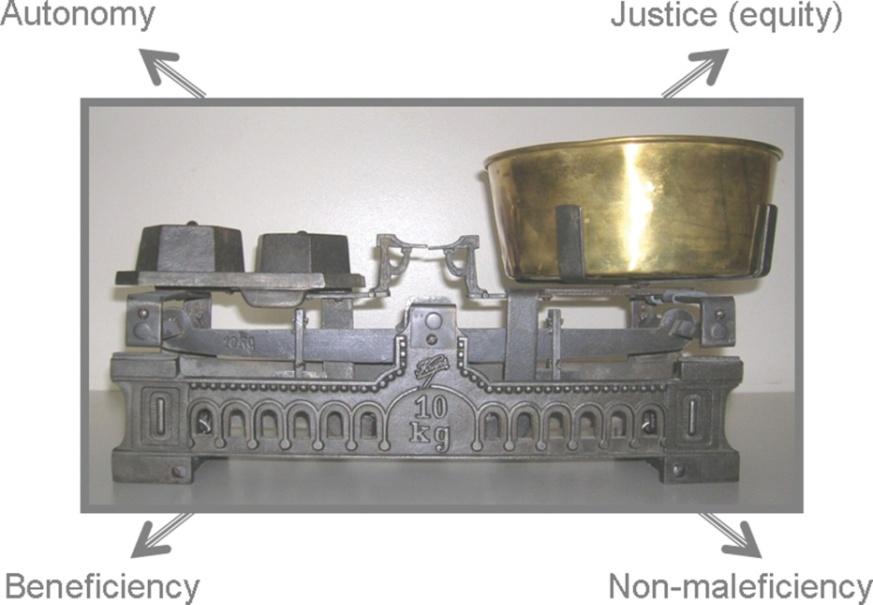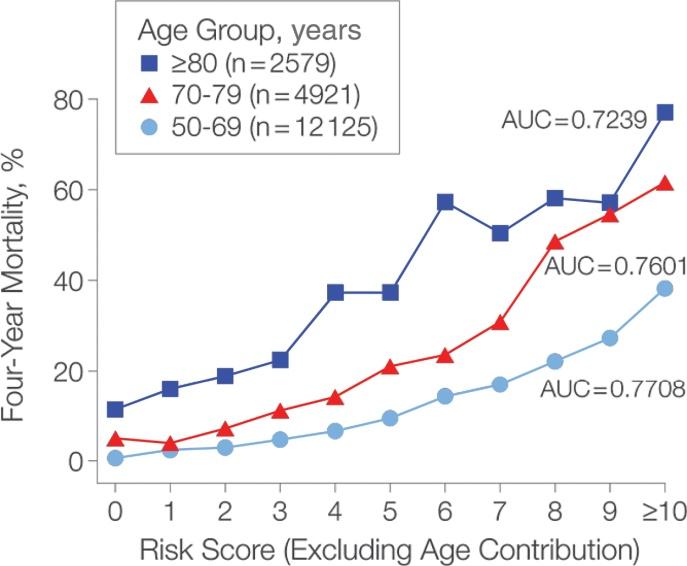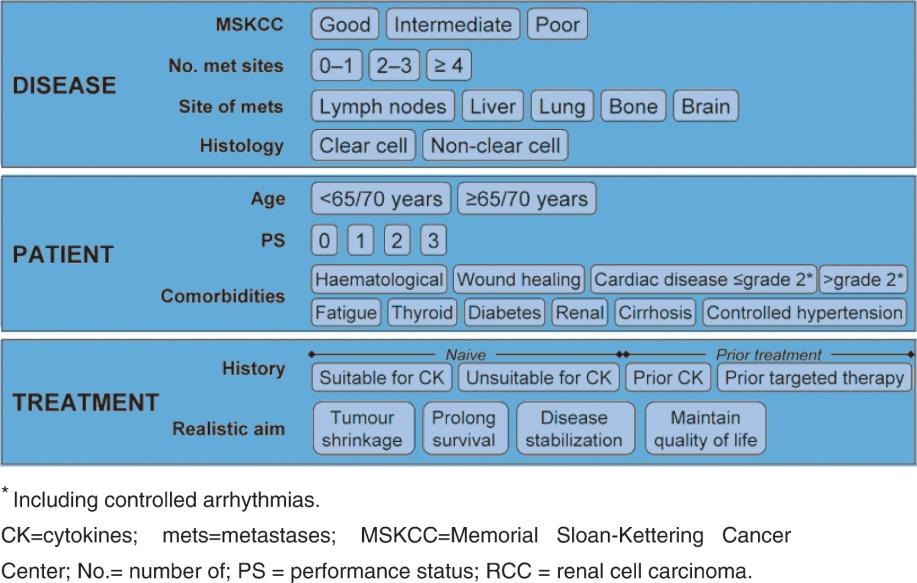
2 minute read
Metastatic Disease
diminished after the third year of follow up mostly due to deaths from other causes. The ACCENT (Adjuvant Colon Cancer Endpoints) database, which combined data from 6 large randomised clinical trials in the adjuvant setting, evaluated the benefit of adjuvant oxaliplatin-based therapy (with oral or intravenous fluoropyrimidine) in older patients (age > 70 years). No benefit in disease-free or overall survival was seen among older patients with the addition of oxaliplatin to 5-FU for the whole cohort or for patients with stage III disease. Cancer Registry-based retrospective data from patients above the age of 75 diagnosed with stage III colon cancer, showed that survival for patients who received adjuvant chemotherapy was substantially better than for non-receivers. However, the addition of oxaliplatin only added an incremental survival benefit as compared to that conferred by 5FU monotherapy.
Based on these reports and the higher rate of toxicity with the addition of oxaliplatin, combination regimens are used less frequently in the treatment of older patients with stage III disease. Overall, single-agent 5-FU seems to provide benefit for older patients in the adjuvant setting, mainly those with stage III disease, whereas the magnitude of benefit from combination chemotherapy with a fluoropyrimidine plus oxaliplatin remains uncertain. The decision to use single agent or combination chemotherapy should be individualised, based on the patient’s functional status, needs and expectations, as well as the presence or absence of other medical conditions that are likely to impact on physiologic reserve and tolerance of therapy.
Advertisement
Over the last two decades we have witnessed a rapid evolution in the management of metastatic colorectal cancer. The increasing use of biologic targeted agents and the implementation of advanced surgical techniques have changed the management approach. Nowadays, it is not rare to switch the treatment aim from palliative to curative. The possibility of metastasectomy- liver or lung - should always be considered at the initial evaluation regardless of age, as this will be the only opportunity for achieving long term survival or even cure. The proportion of older patients undergoing liver resection has increased over the last twenty years. Even though the postoperative mortality and morbidity is somewhat worse in this group, the benefit of long term outcomes appears to be similar to their younger counterparts. Patients considered unfit for such major surgery, should be considered for alternative procedures like radiofrequency or microwave ablation.
Although combination regimens are considered more effective than single agent 5FU in the metastatic setting, it is important to note that older patients are grossly underrepresented in clinical trials, and those included are subjected to selection bias. Therefore, care should be taken when extrapolating results from clinical trials to these older patients. Recent data generated from elderly specific trials in frail older patients with metastatic CRC suggest that combination chemotherapy does not confer significant advantages when compared to the use of single agent fluoropyrimidines. Indeed, it is





